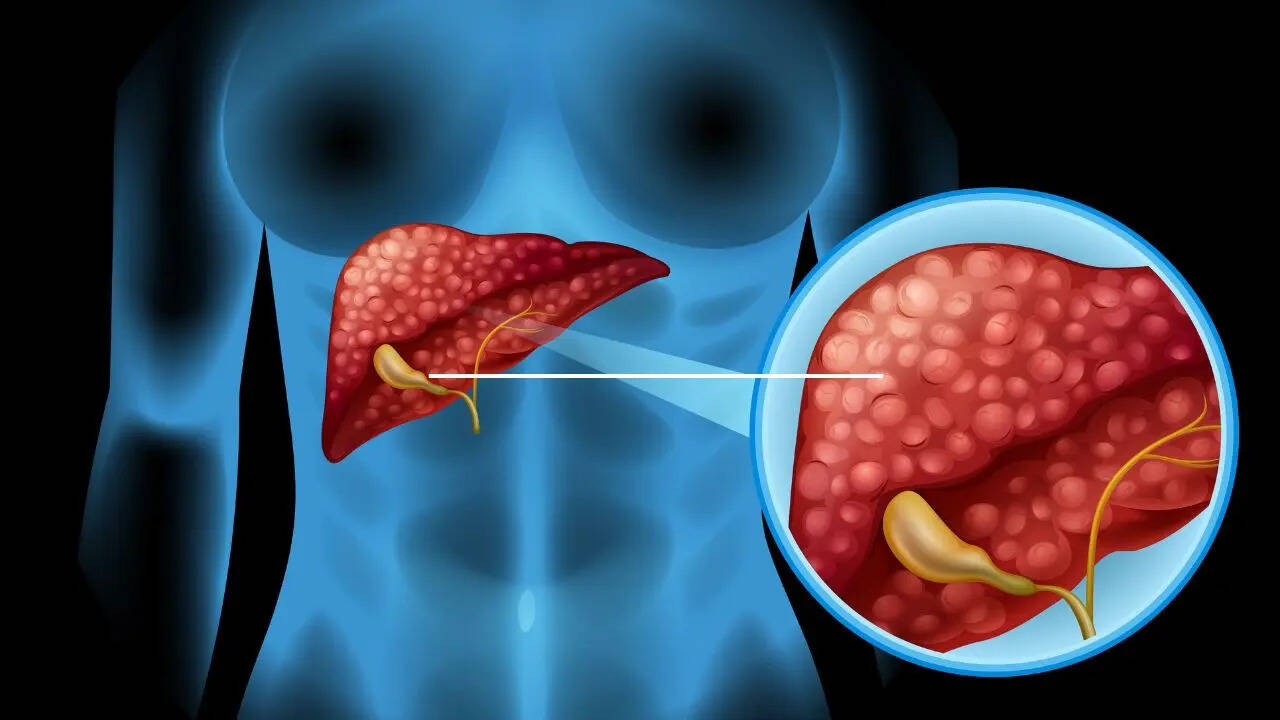One Blood Type Linked To Higher Rates Of Fatal Liver Illness, Study Finds

Credits: Canva
SummaryCertain blood types may influence the risk of developing serious liver conditions, with recent research highlighting links between inherited blood groups and autoimmune liver diseases. Keep reading for more details.
End of Article
